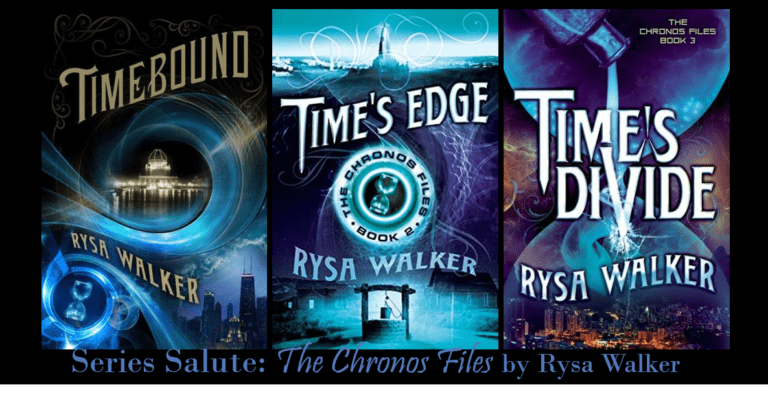Why read a YA novel?

“The only thing more embarrassing than catching a guy on the plane looking at pornography on his computer is seeing a guy on the plane reading The Hunger Games. Or a Twilight book. Or Harry Potter. The only time I’m O.K. with an adult holding a children’s book is if he’s moving his mouth as he reads.”
I’ve been writing and reading YA books for over 30 years. As the teacher of teens and a parent I thought it important to keep up with what kids enjoy reading. As an author, I read YA to keep abreast of the trends so my work is fresh.
I’ve learned from reading books like The Hunger Games, The Uglies, or Harry Potter that YA fiction is about adversity, change, and facing personal demons written in an artful way. They are novels showing the importance of love to teenagers at the threshold of adulthood.
Fictional kids, like real teens strike bargains to keep the affection of friends and family. They help those they love and while doing so, develop a code of ethics that they’ll eventually choose to live by.
And sometimes to protect the ones they love, they keep secrets.
In the Koolura series, Koolura Akopyan has amazing psychic powers. In The Legend of Koolura she reveals one of those powers to her single dad. Using her power of telekinesis she hurls a pillow at him. He freaks, so she never tells him that she can also heal the sick, fly, read minds, and transport herself great distances with a single thought.

In his 2012 op-ed piece, Stein also wrote, “If my parents had read Tales of a Fourth Grade Nothing at the same time as I did, I would have looked into boarding school.”
I doubt it. Kids love when their parents take an interest in what interests them. Reading books together and then discussing them acts as a springboard to strengthen the parent/child bond as well as improve communication.
Joel Stein mentions his little boy Laszlo often in his Time Magazine column. The child is young now, so I’m sure his dad reads bedtime stories to him. And when Laszlo becomes a teen, it would be a great idea to keep abreast of the boy’s reading interests to further their father/son relationship.
Explore the “Young Adult” aisle of your local bookstore (if you can find one) or surf through Amazon. You’ll be surprised at the varied content of YA fiction and the talented authors that produce them.



Yes it’s true that Goodbye Tchaikovsky offers many valuable lessons about such diverse topics as self-esteem, forgiveness, civil rights, theology, feminism and morality.